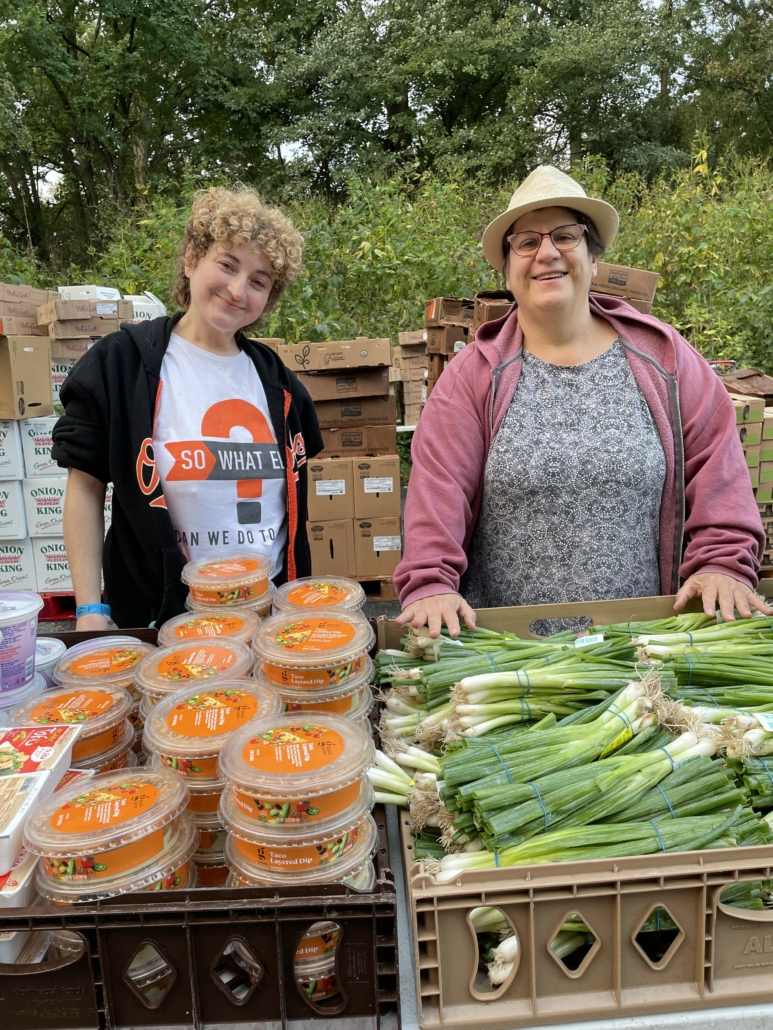How Long Can You Apply for Food bank Assistance?
Food banks are vital community resources that provide essential food assistance to individuals and families facing food insecurity. However, navigating the application process and understanding eligibility requirements can sometimes be confusing. This article aims to provide a comprehensive overview of the application process for food bank assistance, including eligibility criteria, frequency of use, and other important considerations.
Before delving into the specifics of applying for food bank assistance, it’s crucial to understand the concept of food insecurity. Food insecurity is a state of not having consistent access to enough food for an active and healthy life. This can manifest in various ways, including:

Limited or uncertain access to adequate food: This may involve having insufficient funds to purchase food, limited access to transportation to grocery stores, or difficulty preparing meals due to lack of cooking facilities or time.
Eligibility for food bank assistance varies depending on the specific food bank and its policies. However, most food banks generally serve individuals and families experiencing food insecurity, which may include:
Low-income households: Families with incomes below a certain threshold, often defined by federal poverty guidelines, may be eligible for assistance.

The application process for food bank assistance can vary depending on the specific food bank. However, most follow a general process:
1. Locate your local food bank: You can typically find your local food bank by searching online or contacting your local social services agency.
2. Contact the food bank: Reach out to the food bank by phone or email to inquire about eligibility requirements, application procedures, and required documentation.
3. Gather necessary documentation: This may include proof of income, identification, proof of residency, and other relevant documents.
4. Complete the application: The application process may involve filling out a form, either in person or online.
5. Attend an intake interview: Many food banks require an intake interview to assess your needs and eligibility.
6. Receive food assistance: Once your application is approved, you will typically receive a designated amount of food, which may include a variety of items such as canned goods, fresh produce, and non-perishable staples.
The frequency with which you can utilize food bank services varies depending on the specific food bank’s policies and your individual circumstances. Some food banks may have limitations on how often you can receive assistance, while others may offer more flexible options.
Food bank policies: Each food bank has its own set of rules regarding how often individuals can receive assistance.
Confidentiality: All information you provide to the food bank is typically kept confidential.
Food banks play a crucial role in supporting individuals and families facing food insecurity. By understanding the eligibility requirements and application process, you can effectively access the assistance you need. Remember to contact your local food bank directly to inquire about specific policies and procedures.
Note:
and
headings has been implemented to improve readability and structure.
This revised article aims to provide a more comprehensive and helpful resource for individuals seeking information about food bank assistance.
how long can you apply for food bank

